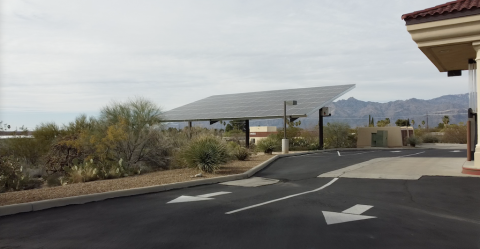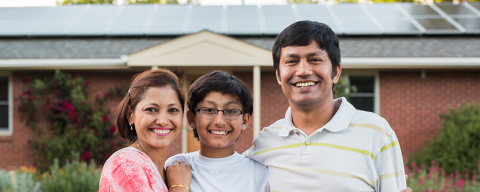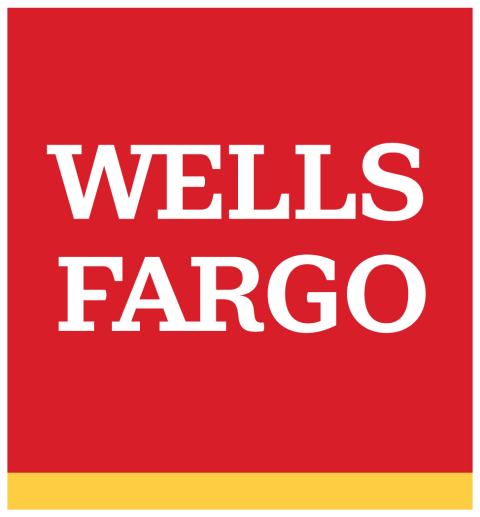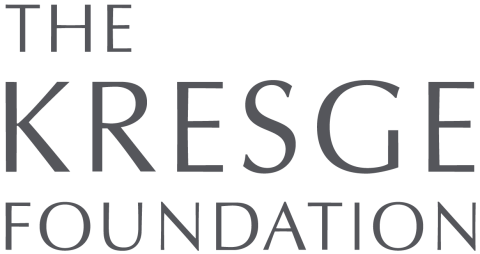Photo courtesy of the Clean Energy Credit Union, a member of Inclusiv.
Equitable Climate Resilience Is Achievable Through Every Deal, Every Building, Every Business, Everywhere, for Everyone
Many thanks to our supporters-this work wouldn't be possible without you!
- Kresge Foundation
- MacArthur Foundation
- Wells Fargo
Many thanks to our supporters—this work wouldn't be possible without you!
Our Pitch to You:
- You are needed - every deal, every business, every project, everywhere makes a difference.
- Climate, resilience, and environmental justice should be at the core of every CDFI's mission. It's the right thing to do.
- Climate, resilience, and environmental justice should be at the core of every CDFI's business strategy. It's the smart thing to do.
- Your organization has unique abilities, strengths, and community relationships to bring to the table, critical to an equity-centered approach to GhG reduction.
- The most sustainable and impactful play requires coordination, cooperation, and collaboration with other organizations across the project delivery and financing ecosystem.
The Strong, Existing Community Development Ecosystem Is Uniquely Positioned to Deliver Resilience and Greenhouse Gas Reduction to Low-Income and Disadvantaged Communities
The existing ecosystem is also positioned to use investments in resilience and clean energy as "wind in the sails" to achieve healthy local economies, quality jobs, affordable housing, sustainable food systems, and more.That ecosystem—community development financial institutions (CDFIs), community development banks and credit unions, Minority Depository Institutions, community development corporations (CDCs), mission-driven energy companies, Green Banks, and their investors and partners—can influence real estate development and revitalization, business starts and expansion, community facilities, and every other community-based project that has or is seeking financing. By "greening" your lines of business, you can build resilience for communities and normalize greenhouse gas reduction into project development, financing, and asset management. Together, we can develop a new type of value engineering—one that seeks to increase the impact of every deal, every building, and every business by identifying opportunities to reduce and avoid greenhouse gas emissions and build equitable resilience.
Business as Usual Is No Longer Enough
Communities of color, Native communities, and those that are economically disadvantaged are disproportionately impacted by the risks and realities of climate change. Homes and farms are damaged. Workers and businesses face the impact of on-going economic shifts. Lives and livelihoods are at stake. We need to reinvigorate the community development field through deep commitment to resilience and climate change mitigation and begin to structure investments to ensure that resilience and greenhouse gas reduction are engineered into every deal, every building, every business, everywhere, for everyone.
The Center for Impact Finance Is Working to Maximize Benefits to Communities
By activating and supporting the strong existing community development networks, we hope to achieve rapid, impactful, and equitable implementation of key climate programs. There is a wealth of existing resources and successful models to inspire you and lead the way. Below, we have provided links to a few. We will continue to update this webpage with new information and resources—so check back regularly and follow us on LinkedIn for updates.

photo courtesy of Tuscan Old Pueblo Credit Union, a member of Inclusiv
Our Goal: to ensure that all communities—especially communities of color, Native Nations, and those that are economically disadvantaged—build resilience and fully realize the benefits of the clean energy revolution.
General Resources for Greening Community Development Finance:
- Center for Impact Finance's An Equity-Centered, Collaborative Approach to Greenhouse Gas Reduction for Low-Income and Disadvantaged Communities, including information about the Inflation Reduction Act and Greenhouse Gas Reduction Fund
- Summary of the 2022 Financial Innovations Roundtable, "Advancing Clean Energy," held June 16-17, 2022 in partnership with the Federal Reserve Bank of New York
- Clean Energy Project Development for Low-Income Communities Strengthening the Ecosystem for Delivering: Solar Energy and Deep Efficiency Retrofits, Eric Hangen
- Scaling Equitable Solar Finance, Eric Hangen, Rebecca Regan, and Sarah Boege
- Financing Equitable Resilience CIF
- Keith Bisson, Funding a Just Transition—How CDFIs Can Lead the Way on Climate Action, Opportunity Finance Network Guest Blog Post
Training Opportunities:
- Solar Lending Professional Training - Virtual Series is designed by Inclusiv and the University of New Hampshire for individuals with more than on eyear of lending experience who work at community-based lending institutions (credit unions, CDFIs, and community banks), and are interested in increasing their organizations' activity in individual consumer and/or community commercial-level solar financing.
- Community Power Accelerator Learning Lab - The Center for Impact Finance at the University of New Hampshire's Carsey School of Public Policy is offering free online training for non-profit organizations, cooperatives, and mission-driven organizations interested in building out a business line to develop community solar projects.
For more information about how you can get involved and to access new resources/tools as they come online, contact Tina Poole Johnson, Deputy Director and Senior Fellow, at tina.johnson@unh.edu.


